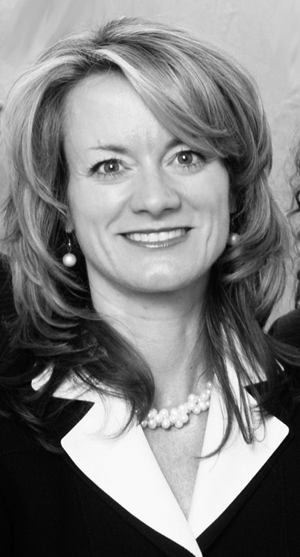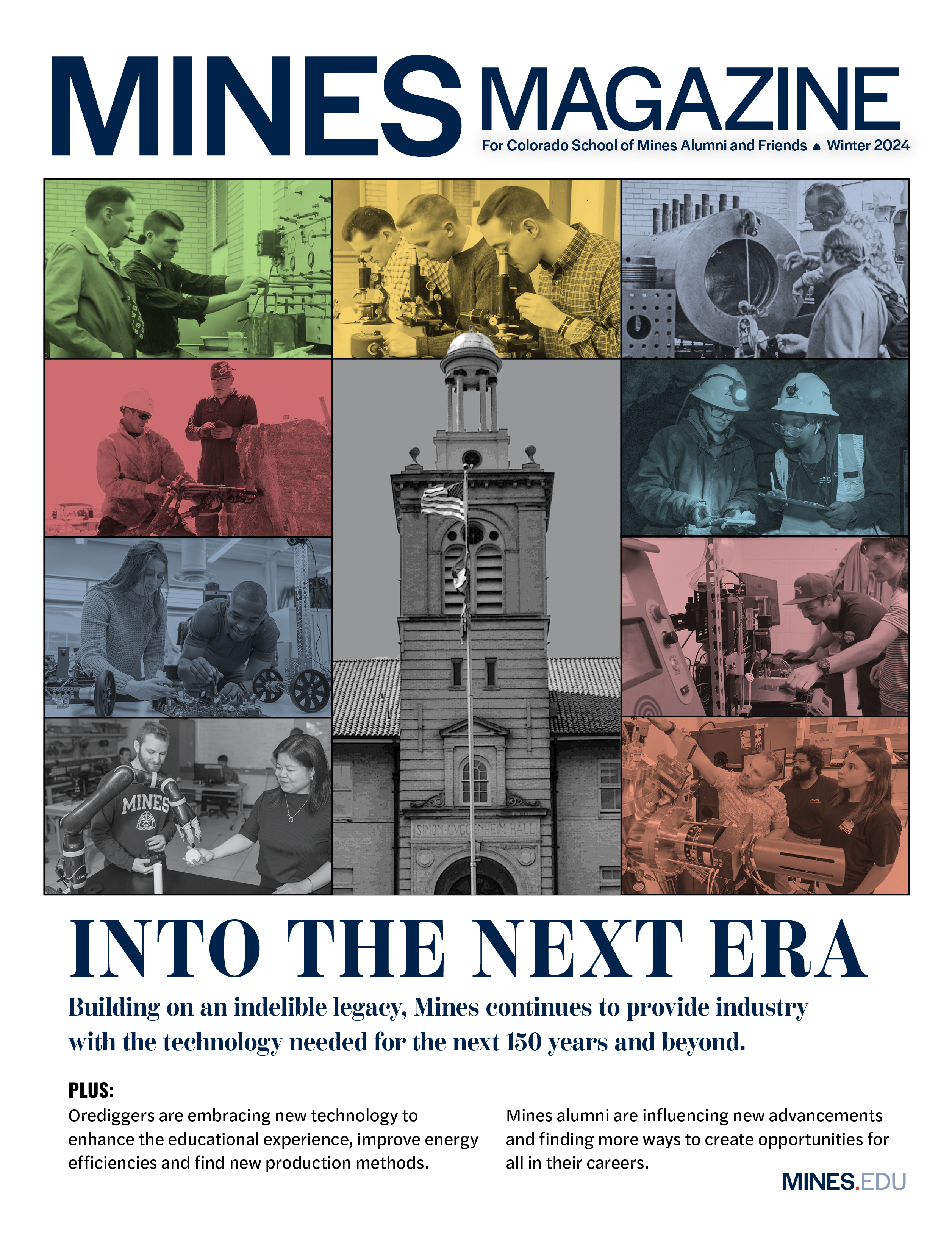Mindful Engineering

Like many engineers in the oil and gas industry, Ray Priestley ’79, was trained to focus on specific tasks—design this pump, drill this well. Dealing with community concerns about a project wasn’t part of his training and was usually handled by advocacy groups that didn’t always communicate with engineers. As a result, objections often surfaced after plans were underway, causing delays and cost overruns.
“Often there’s a disconnect,” said Priestley, Mines Alumni Association Board president. “Most engineers are not trained in community relations, and people in community relations are not trained in engineering. So sometimes projects don’t get explained correctly or something that needs to be incorporated into the design gets left out.”
Mines’ new Leadership in Social Responsibility Interest Group aims to minimize that disconnect, bringing together alumni experienced in dealing with communities affected by engineering projects and students eager to learn how to incorporate social responsibility into their practice.
Beyond the Code of Ethics
“We’re trying to redefine social responsibility, which is usually defined as understanding the engineering code of ethics,” said Juan Lucena, a faculty advisor to the group and co-director of Mines’ humanitarian engineering program. Lucena suggests the definition of social responsibility should include incorporating community ideas into plans from the get-go. “We want to show that social responsibility can live in engineering practice, design and modeling,” he said.
The formation of the interest group comes at a time of increasing campus interest in social justice, reflected in the development of the humanitarian engineering program, which now offers two minors. “Students today want passion in their careers. They don’t want to be half-engaged; they want what they do to make a difference,” Priestley said.
Many alumni feel the same way. The group got started after Jessica Smith, the other co-director of the humanitarian engineering program, spent three years interviewing mining engineers, including many Mines alumni, about the role of social responsibility in their jobs. Many of those alumni wanted to connect their experience with the school.
After holding an initial networking event in Golden, group organizers invited researcher Rachel Dzombak to speak on campus in November 2017 about the role of engineers as social innovators and problem-solvers. “We were thinking we’d get 15 to 20 people,” Priestley said. Instead, 75 people showed up. Today, the interest group has 187 members.
Members visit classrooms, talking to students about how social responsibility can be integrated into engineering projects. A petroleum engineering class recently staged a mock community meeting in which students addressed the potential concerns of people living near an oil field. Interest group members served as judges, explaining which parts of their presentations were effective or ineffective and why.
“It gave students the opportunity to learn from people who have been through this,” Smith said. “It’s first-hand feedback they wouldn’t get otherwise, even though it will be a big part of their careers.” Alumni who are unable to participate in person can use Skype to join the classroom discussions. The interest group also hopes to host live broadcasts of some of its events.
This spring, the group plans to show a film about the effects of small-scale, or “artisanal,” gold mining, which can cause mercury contamination and other environmental and public health problems. Mines recently received a $4 million National Science Foundation grant to tackle these challenges. Lucena is leading a team of researchers from Mines, the University of Colorado Boulder, U.S. Air Force Academy and universities in Colombia and Peru to better understand the interrelated social, environmental and technical dimensions of artisanal mining and work with miners to find more sustainable solutions. The project builds on research done by Nicole Smith, a Mines professor on the NSF grant as well as a faculty advisor to the alumni group, using human-centered design to reduce mercury use in artisanal gold mining in Peru and Bolivia.
Trip Abroad
In addition to hosting quarterly events, the group is planning a summer trip to Guatemala, where members will learn about a program created by Mines alumnus Ethan Faber MS ’16 to help communities deal with landslides—and meet face-to-face with locals.
Faber wrote his master’s thesis on the impact of landslides on the impoverished hillside neighborhoods of Guatemala City. He also lived in the area for a year, working with residents.
In the past, the way of addressing such disasters in landslide-prone areas was to warn the community of dangers and get them out—by eviction, if necessary. Faber tried a different approach. “I went house by house, listening to what people’s problems were besides landslides,” he said. Residents were not ignorant of the danger landslides posed, but weighed that threat against other concerns. If forced to move, many would have lost jobs they feared they couldn’t replace. Others would have faced transportation costs that put a serious dent in their finances. “They made the tough choice to stay here, but they also asked, ‘What can I do?’” Faber said.
He worked with a local nonprofit, the Fundación Ecuménica Guatemalteca Esperanza y Fraternidad (ESFRA), to develop training to help people recognize when a landslide is likely and how to reduce risk. “It was so different from a traditional engineering course, where you build a model, assume variables and use a calculator,” Faber said. While he did all of those things, he also worked with the community to develop solutions that were practical for them.
Faber is now training as a geological engineer in Denver, but ESFRA continues to run his program in Guatemala. Current Mines student David LaPorte is documenting the results. But the best way to understand how this community-based program works is to go on the trip, which Ethan is planning for August 2018. Though the trip is educational, “we’ll also have a good time,” Faber said, with visits planned to nearby Mayan ruins and sandy beaches.
The interest group may also arrange a trip to South America to see the work Lucena and Mines students are doing with artisanal mines.
Joining the Group
The interest group would love to hear from more alumni with community experience, Priestley said. “By telling their stories and sharing their successes and failures, they show how to do engineering in a socially responsible way,” he explained.
The curious are welcome, too. “It’s a lot of fun going on trips, and engaging with people keeps you young,” Priestley said. “You build your network not just in your career, but in your personal life. You never know where you’re going to meet your next best friend.”
To get involved with the Leadership in Social Responsibility Interest Group or to learn more about the other interest groups Mines has to offer, visit minesalumni.com/interestgroups.



